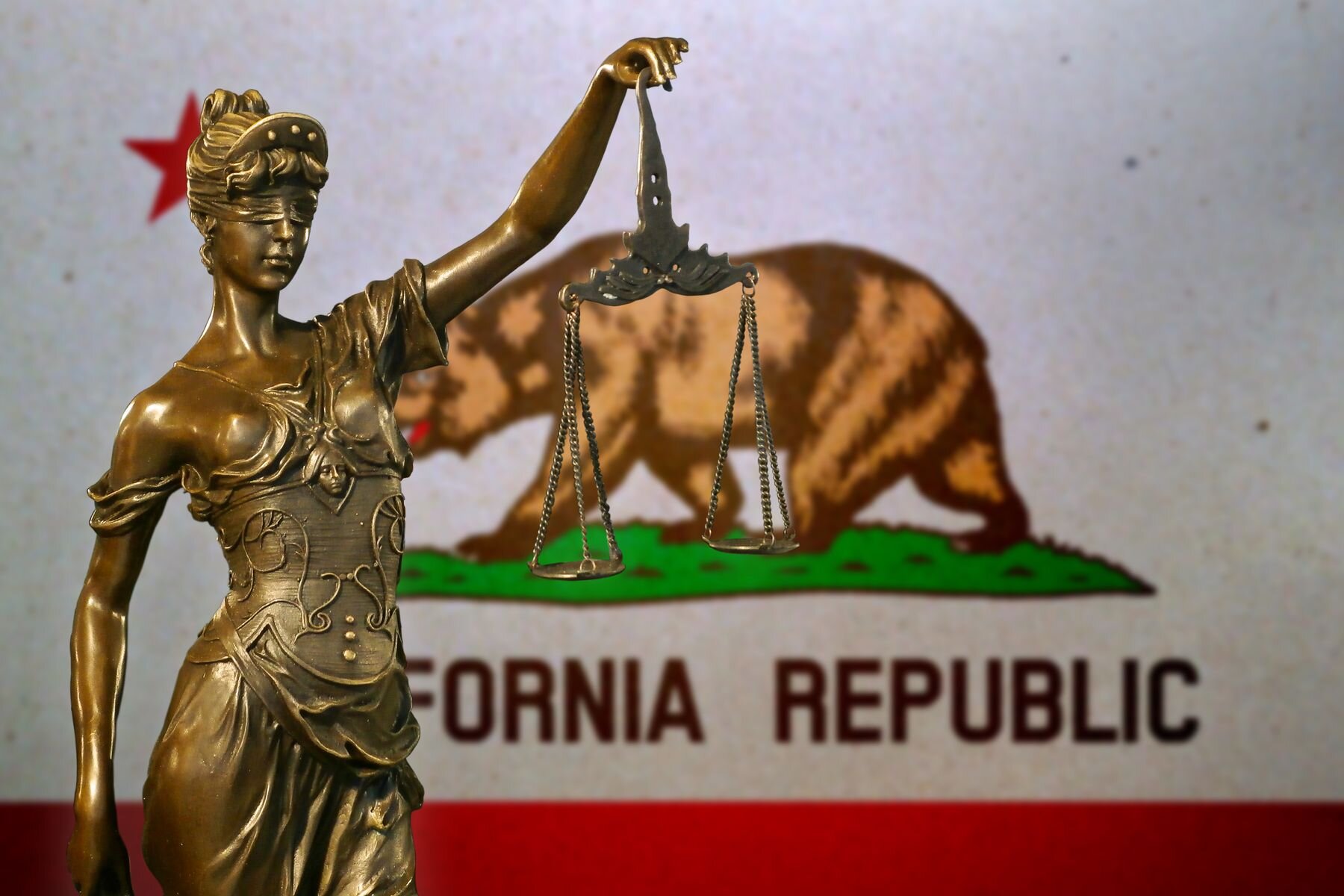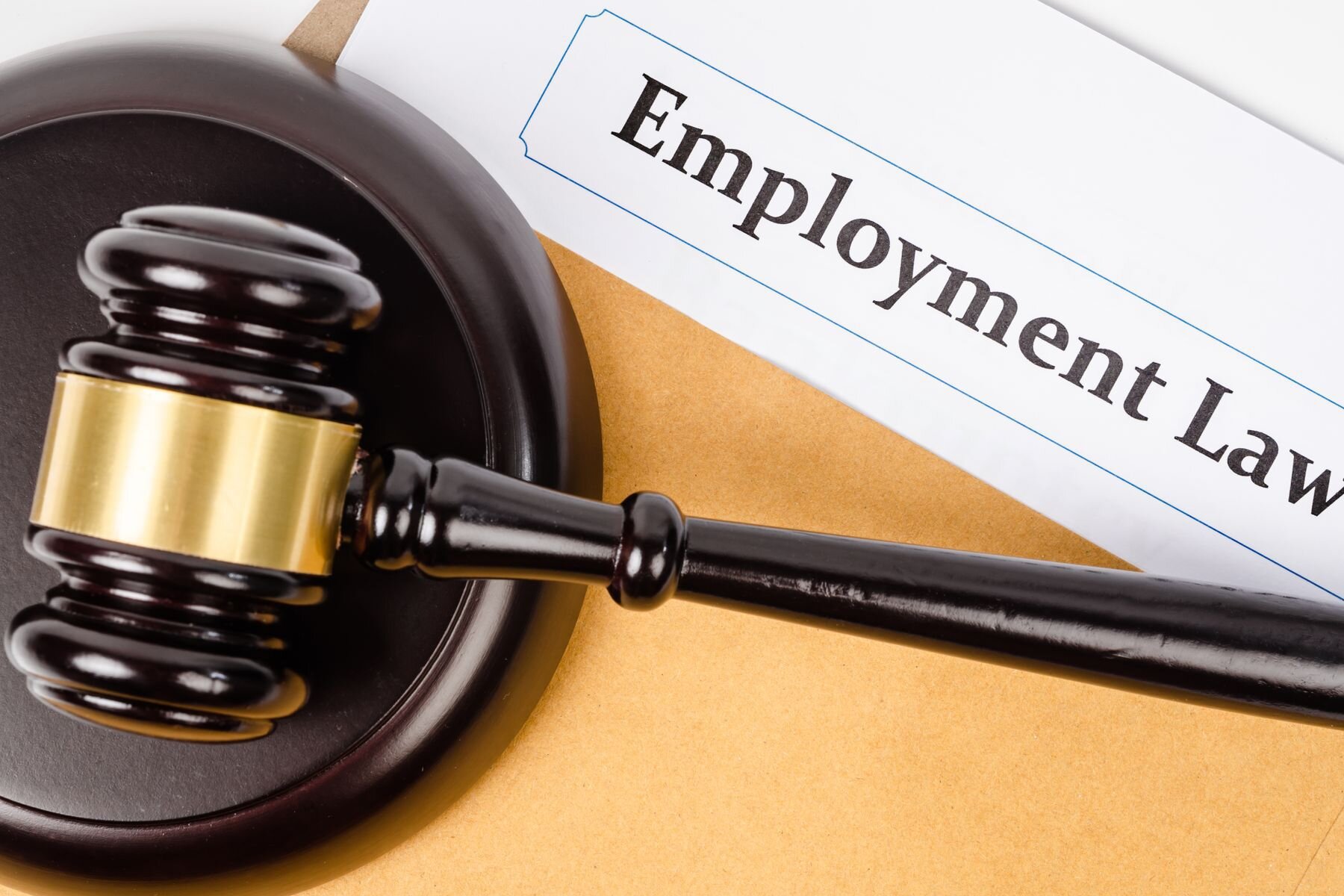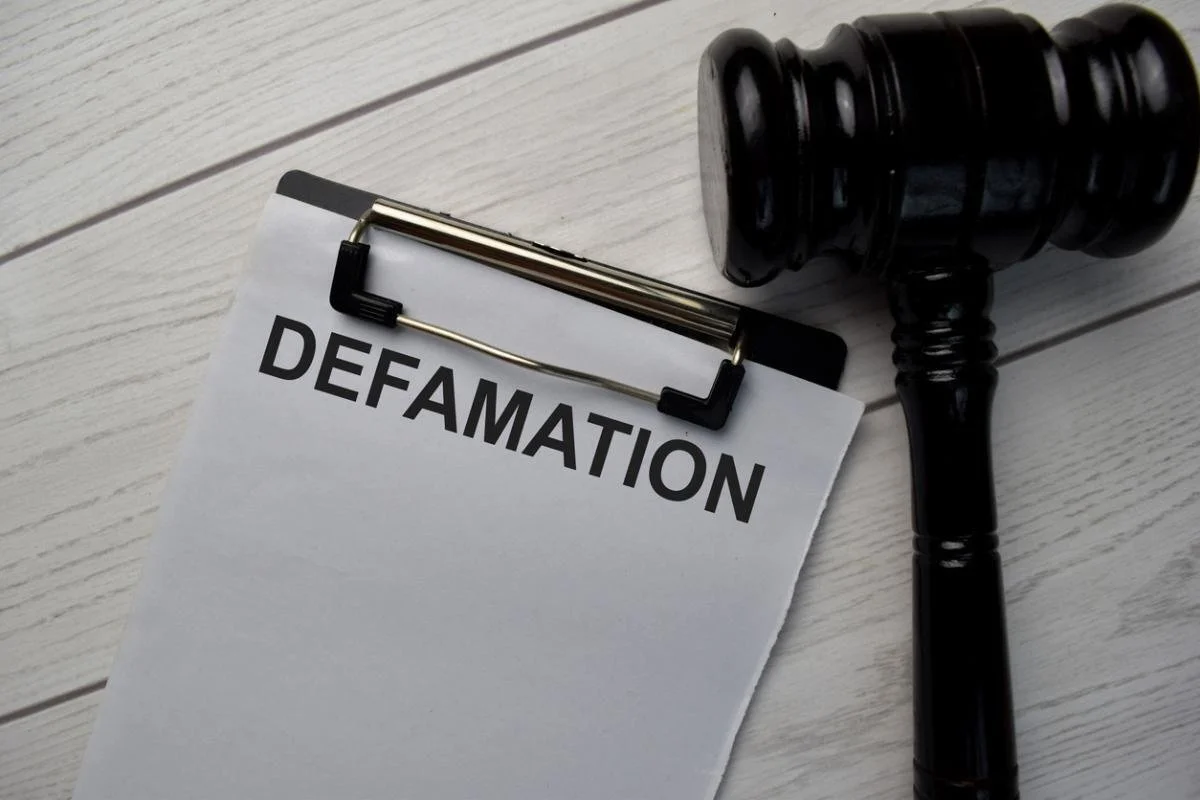Ducksworth v. Tri-Modal Distribution Services: Pending 2021 Cases for the California Supreme Court
/With several potentially significant pending cases scheduled to go before the California Supreme Court in 2021, California employers and employees should consider the possible implications.
Ducksworth v. Tri-Modal Distribution Services: Scheduled to Appear before California Supreme Court in 2021
Case Info: Ducksworth v. Tri-Modal Distribution Services (B294872, Los Angeles County Superior Court No. BC676917, Second Appellate District, April 7, 2020).
According to lawsuit documents, the Plaintiffs in this case, Ducksworth and Pollock, allege race discrimination, and one of the Plaintiffs, Pollock, also alleges sexual harassment.
The Plaintiff, Vazquez, Claims Jan-Pro Violated California Labor Law:
According to the lawsuit documents, the Plaintiffs in this case were long-time customer service representatives at Tri-Modal Distribution Services or Tri-Modal. Neither of the two plaintiffs was promoted, but other customer service representatives were promoted. The Plaintiffs claim they were looked over for promotions because of discriminatory practices against African Americans, and filed suit citing the same allegation against Tri-Modal and two staffing agencies, Scotts Labor Leasing Company, and Pacific Leasing.
What Question Does the California Supreme Court Need to Decide?
The trial court granted summary judgment for Scotts and Pacific since they were not involved in Tri-Modal’s decision to promote or not promote any specific employee. The Court of Appeal upheld the lower court’s summary judgment finding both staffing agencies free of liability for any discrimination claims based on promotion or failure to promote due to uninvolvement in staffing decisions at Tri-Modal. The district court also granted summary judgement for Tri-Modal’s Executive Vice President, overruling Pollock’s hearsay objection to a declaration. The district court concluded Pollock’s claims are barred because no administrative complaint was filed within one year of the incident (per Government Code Section 12960). The Court of Appeal affirmed the trial court’s grants of summary judgment and held that the trial court concluded correctly regarding Government Code Section 12960.
The California Supreme Court’s Decision on Ducksworth v. Tri-Modal Distribution Services:
If the California Supreme Court disagrees with the lower courts’ decisions, their decision could significantly increase liability for any discrimination allegations, particularly discrimination claims filed against joint employers like staffing agencies. Staffing agencies are typically not involved in day-to-day decisions regarding staffers they place at various clients’ operations, however, a dissenting opinion from the California Supreme Court on this case could mean more claims against California employers.
If you have questions about California labor law violations or how employment law protects you against labor law violations, please get in touch with Blumenthal Nordrehaug Bhowmik DeBlouw LLP. Experienced employment law attorneys are ready to assist you in any one of various law firm offices located in San Diego, San Francisco, Sacramento, Los Angeles, Riverside, and Chicago.










